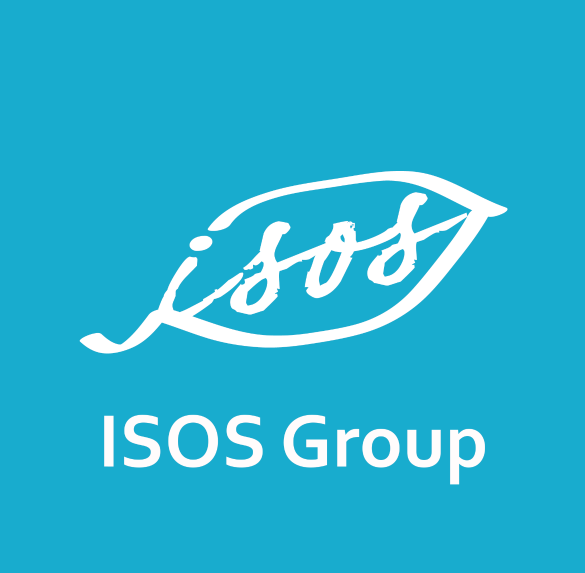For most sustainability professionals, it’s hard to look at a product without reigning in thoughts about life-cycle stages encountered from the point of material extraction or harvest - to production, distribution, usage, and total cost accounting. Unfortunately, it sometimes paralyzes the hand that brings the wallet to the forefront to be able to justify a purchase.
Nevertheless there are products that we’ve all become accustomed to, such as flat screens tvs, vacuum cleaners and blenders for our post-yoga, veggie-based protein smoothies and we want to ensure that these products don’t just end up in a landfill.
On the 17th of January, we were fortunate enough to see just how product take backs, faulty or not, are refurbished and distributed back into the marketplace. An informal trans-border coalition made up of ISOS Group, Elica Group, CETYS University and Aptiv coalesced at Sohnen, a family-run operation like no other. Beyond our fascination with their LEED platinum construction, which is unprecedented in Tijuana, we were amazed by the foresight that the company’s President and CEO, Barry Sohnen had when he launched operations in 1971. Understanding that wide scale electronic production would only increase along with the ease of access to cheaper products, would naturally create a niche for giving a second life to returns, was truly revolutionary. Today, Sohnen has become the largest and most technologically advanced operation in the industry, which processes over a million televisions annually. As a result of our visit, we would also add most sustainably-minded as well.
Where most retail supply chain partners scramble to assess value-add sustainability opportunities, Sohnen has truly built its business on the premise of harvesting and sustaining resources by testing innovative techniques as if, according to Mr. Sohnen, “What we do will be around forever, but we’ll die tomorrow.” By combining change with innovation:
-
Sohnen promotes a circular economy by repairing and revaluing electronic devices for sale as all products are inspected, repaired, cleaned, packaged and sent back out into the marketplace.
-
Functional components are salvaged from irreparable units for reuse.
-
A rooftop solar installation facilitates a total electricity cost comparable to most restaurants at approximately 50-60,000 pesos or 2,600-3,000 US dollars per month.
-
Rainwater capture systems are able to store nearly 10,000 gallons for toilets, cisterns and emergency fires - not to mention nourishing a small citrus garden on site.
-
Potable water is limited to hand washing and reverse osmosis systems for drinking water.
-
Styrofoam used to cradle electronics, like big screen tvs, is densified and reused abroad.
-
Space is maximized by working upward, utilizing specialty forklifts are that are much more narrow and revolve in various degrees.
-
Generators and other equipment that is generally external, has been built into enclosed cubes, as sort of saddle bags, to the building.
And the people. Did we mention the people?
Signage throughout the two state-of-the-art facilities reaffirm the company’s commitment to its people and the ways in which attendance is incentivized. By creating a healthy and happy workplace, Sohnen has managed to retain a workforce with a near 2% monthly turnover rate against the average 8% for other manufacturers in the Tijuana area. While the company continues to grow, their ability to be a model for our border community continues. In fact, working with the Mexican government to employ some of the Honduran refugees that trekked months to reach the disputed territory is proof of business partnering for change.
Essentially, Sohnen’s model promotes a circular economy by repairing and revaluing electronic devices for sale. Items that cannot be repaired are removed from all parts that do work for the repair of others. So when you take your product back to your nearest big box retailer, think about the life that it will take of its own and it didn’t even need a passport. Tracking those precious trips and life stages, may not only help to tell the story of that little blender’s life, but ensure the legacy of this eco-entrepreneur filling a vital niche.
Is ESG disclosure in Sohnen’s future?
#whynot? #porquéno?

.png)
.png)
.png)